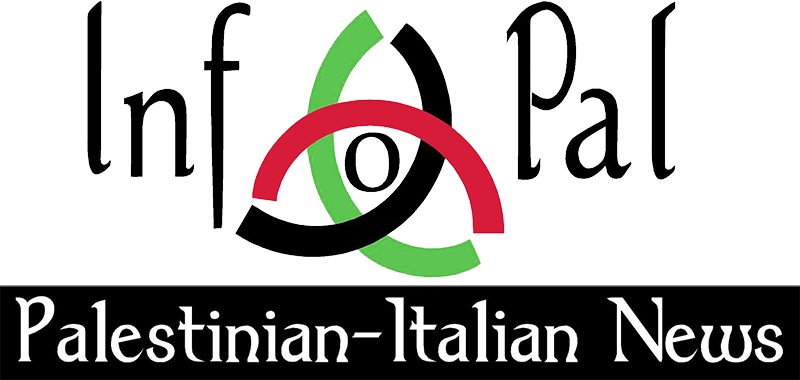Avoiding failure with Hamas
Robert Malley International Herald Tribune
MONDAY, APRIL 10, 2006
Can Hamas change? For European officials in the midst of formulating
policy toward the Palestinian Authority the only answer they can offer
at the moment is a resounding maybe.
In a dizzying fluctuation between the conciliatory and the
confrontational, the Islamist movement has more or less maintained a
cease-fire; its government has suggested respect for past agreements
with the caveat that these must serve Palestinian interests; and
officials hint that one day they would accept a two-state solution, only
to contradict themselves the next.
But though there’s genuine uncertainty over whether Hamas ultimately can
come up with the right answer, halting aid to the Palestinian Authority
almost certainly will yield the wrong one. Humanitarian assistance will
continue, and rightly so, but it is only part of the story, and a
marginal one at that.
Of far greater importance are funds provided to meet the Palestinian
Authority’s operational costs. Already Israel has withheld the largest
component of revenues, roughly $55 million a month in customs, while
another $35 million a month in direct donor aid – much of it European –
is at stake. These sums keep the Palestinian Authority afloat, enabling
it to pay salaries for civil servants (including security personnel),
and provide basic services.
Starving the Palestinians of such resources almost immediately after
Prime Minister Ismail Haniyeh has taken office and before his
government’s policies can be assessed would be tantamount to ensuring
the experiment in Islamist political integration is stillborn. Should
Hamas conclude that failure is its only option, it will eventually
revert to its proven methods of violence.
The impact on Hamas is one item to consider, the impact on the
Palestinian people another. Without tax revenues and support from
donors, the World Bank estimates that unemployment would climb to near
50 percent and three out of every four Palestinians would fall beneath
the poverty line.
There are also repercussions for Israel, and a full-scale resumption of
hostilities may be the least tricky of all to handle. If the Palestinian
Authority lacks resources to prevent an environmental or health
catastrophe, such as a human strain of the avian flu virus, no barrier
will contain it. Such threats will affect Israelis no less than
Palestinians.
With the European Union divided over its response and pondering its next
move, a few suggestions may help.
First, the priority ought to be what Hamas does, not what it says. If
its government can sustain a cease-fire and restore law and order in
Gaza, it will have achieved more than Fatah. Recognition of Israel’s
right to exist is eventually necessary, but it is useful to recall that
Egypt and Jordan provided such recognition only at the end of their
negotiations, and that governments like Saudi Arabia and Morocco
continue to withhold it.
Second, and assuming Hamas makes genuine efforts to impose calm
(something that inevitably requires Israeli reciprocity), the EU should
declare a 100- day trial period during which aid to the Palestinian
Authority would be channeled through a transparent World Bank trust fund
while Israel would be held to its agreement to release the Palestinian
revenues. During this period, a third party, such as the United Nations,
could act as a go-between.
At the end of this period, the Palestinian Authority’s performance would
be assessed against a series of benchmarks: Has it allowed contacts with
Israelis to promote mutual security, service delivery and commerce? Has
it begun to prune the payroll of fraud? Has it begun to get arms off the
streets and integrate or demobilize militiamen? And has it accepted what
every other Arab government has endorsed: applicable UN resolutions, as
well as the Beirut Declaration, committing them to normalization with
Israel in exchange for an end to the 1967 occupation and a negotiated
resolution of the refugee question. Future EU assistance and contact
with a Hamas government would depend on the results.
Adopting such an approach has nothing to do with endorsing Hamas’s
ideology or previous conduct, and everything to do with devising a
realistic policy to deal with a real problem. It entails assessing
whether Hamas is prepared to transform rather than assuming that it
cannot. More importantly, it entails the West deciding whether it wants
the Islamists to change or fail. If the West chooses failure, Hamas will
probably do just that.
But a lack of success would not only hurt Hamas. Failure won’t get the
West any closer to its stated objectives. And it most certainly won’t
get the parties any closer to peaceful coexistence.
